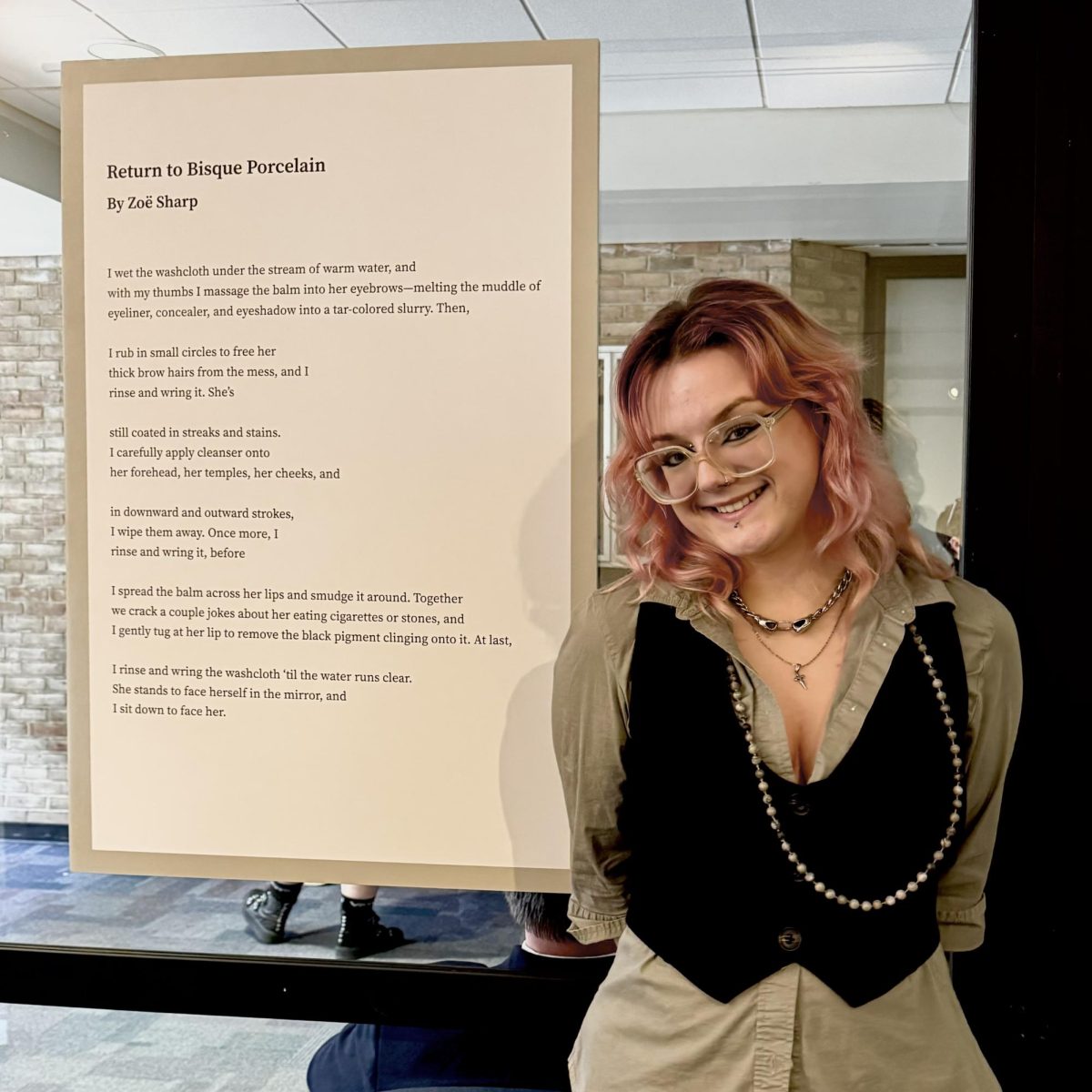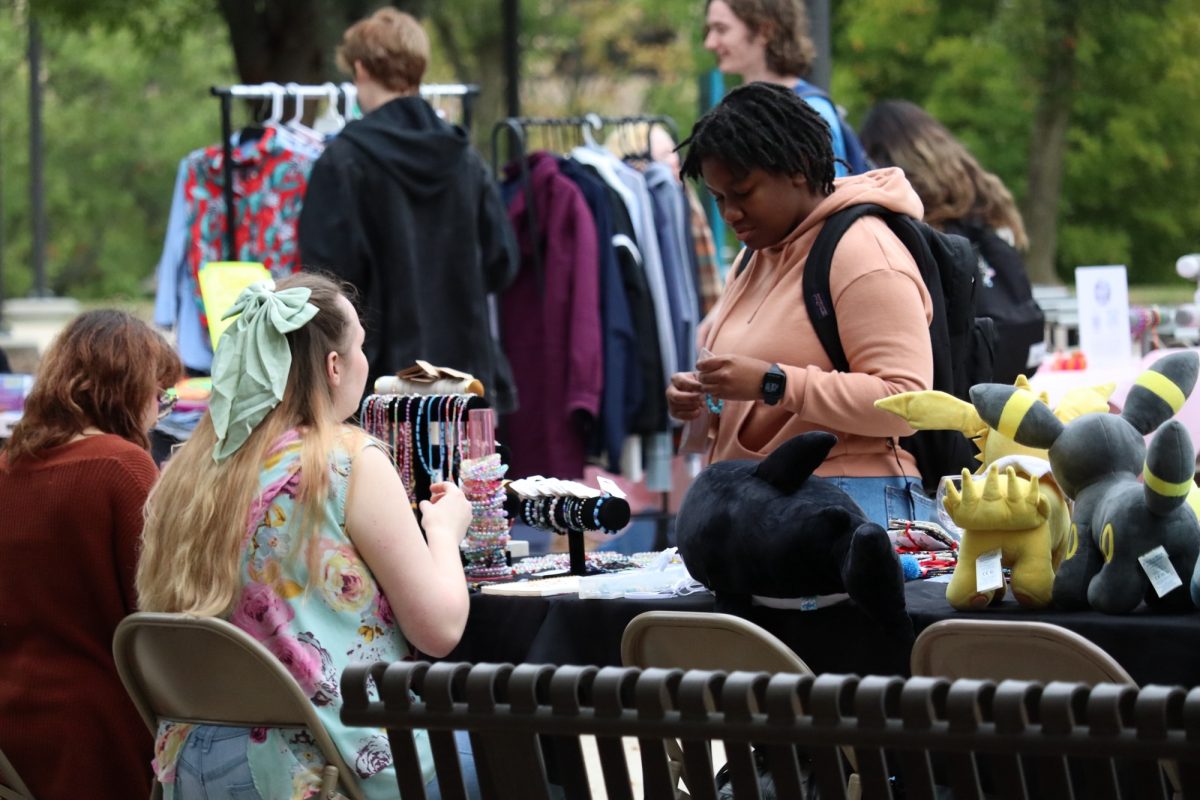Civility in its simplest definition is “formal politeness.” What exactly does this mean, though? It seems like such a broad concept.
It’s much more than being polite to others.
Civility and even politeness requires patience and dignity in relation to how you interact with other people. It means taking the time to think about potential consequences and how your actions will affect others.
Civility is a skill that can be acquired, similar to manners. But like manners, its importance can go unnoticed, which can lead to problems.
The ability to stay calm and still be kind to those who disagree with you seems to be lost on many people. Whether they don’t think about it or they simply underestimate its importance, it still holds a lot of value in everyday conversations with people, especially in the workplace.
Practicing civility demonstrates emotional intelligence and shows that you’re taking the time to not just express your emotions, but to consider not putting yourself first all the time. Practicing civility means thinking about others around you.
This is incredibly important when it comes to being in a professional or semi-professional environment like a classroom or a clubhouse.
Conflicts and differing opinions are bound to arise. It’s how you handle these conflicts and differences that either escalate or de-escalate situations, whether they’re complicated or not.
Civility in the workplace and at school means you’re willing to collaborate and cooperate while working toward a common goal, and to pause to handle any conflicts, no matter how big or small. Two people disagreeing doesn’t mean either one is bad or good. But it’s how you react to disagreements that can be the make or break.
Campus Current has resolved to make sure we’re following our own advice.
We want to make sure that going forward, we’re being respectful and civil in our own newsroom and with the people we meet on campus. Sometimes, unfortunately, this isn’t automatic for everyone. Sometimes we have to stop and consciously address our own behavior.
That’s why the editors of Campus Current decided to close our newsroom for four days last month. We wanted to stop for a minute, take a break and put our heads together to figure out how we can do better.
Civility, after all, starts at home.
Once we reopened the newsroom, we had a renewed sense of our obligation to the campus and to each other. We feel more engaged with our work and with our peers.
We feel that this kind of refresher could be good for every organization, possibly on a regular basis.
We emerged more polite, more patient and with more dignity in the way we interact with others.
We really thought about it and talked about it. That’s what worked for us.
It could work for you.
Civility is a skill to cultivate
Civility is a skill that can be acquired—and it’s important to cultivate it. Shown, a Civility Matters event, hosted by the communications faculty, on the Quad.
November 6, 2023
0









